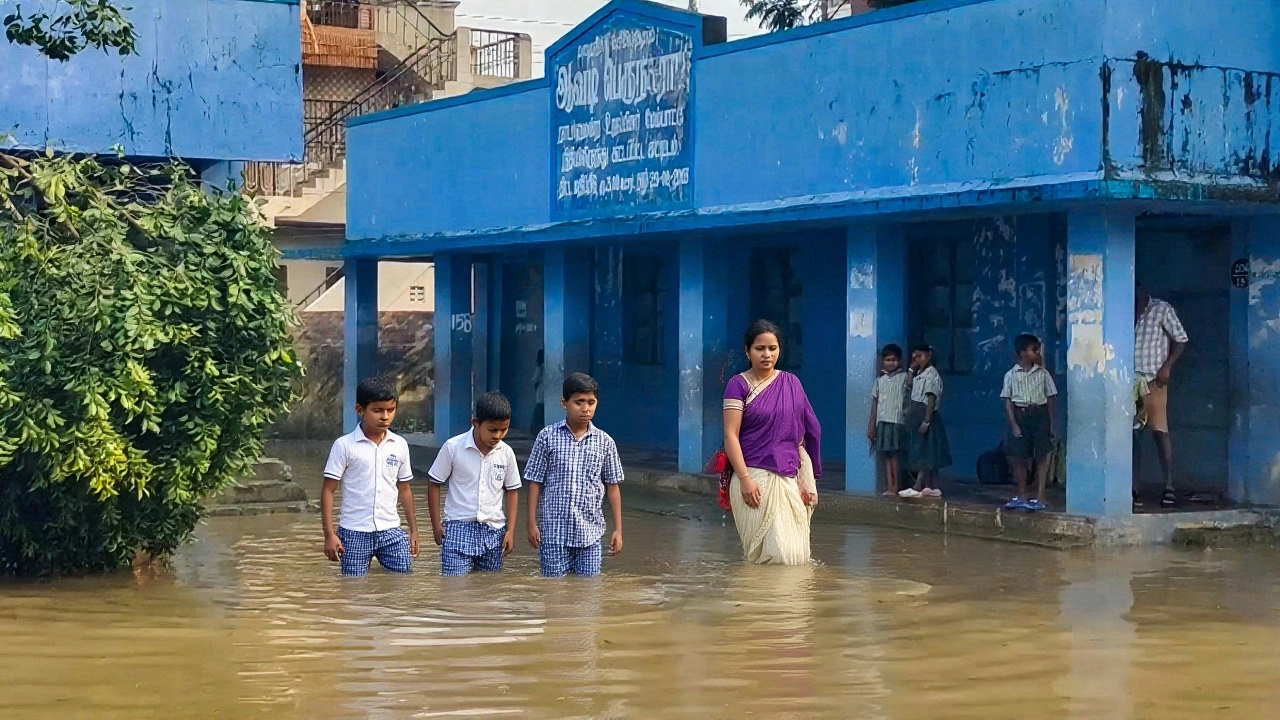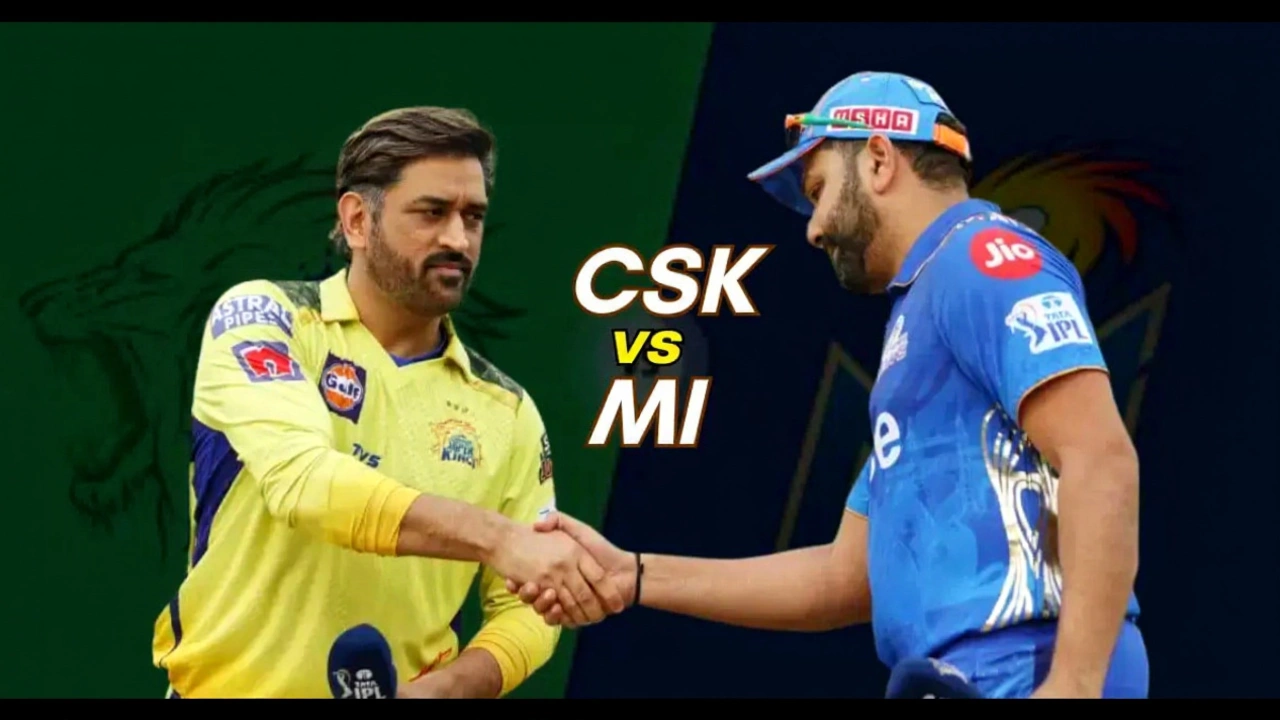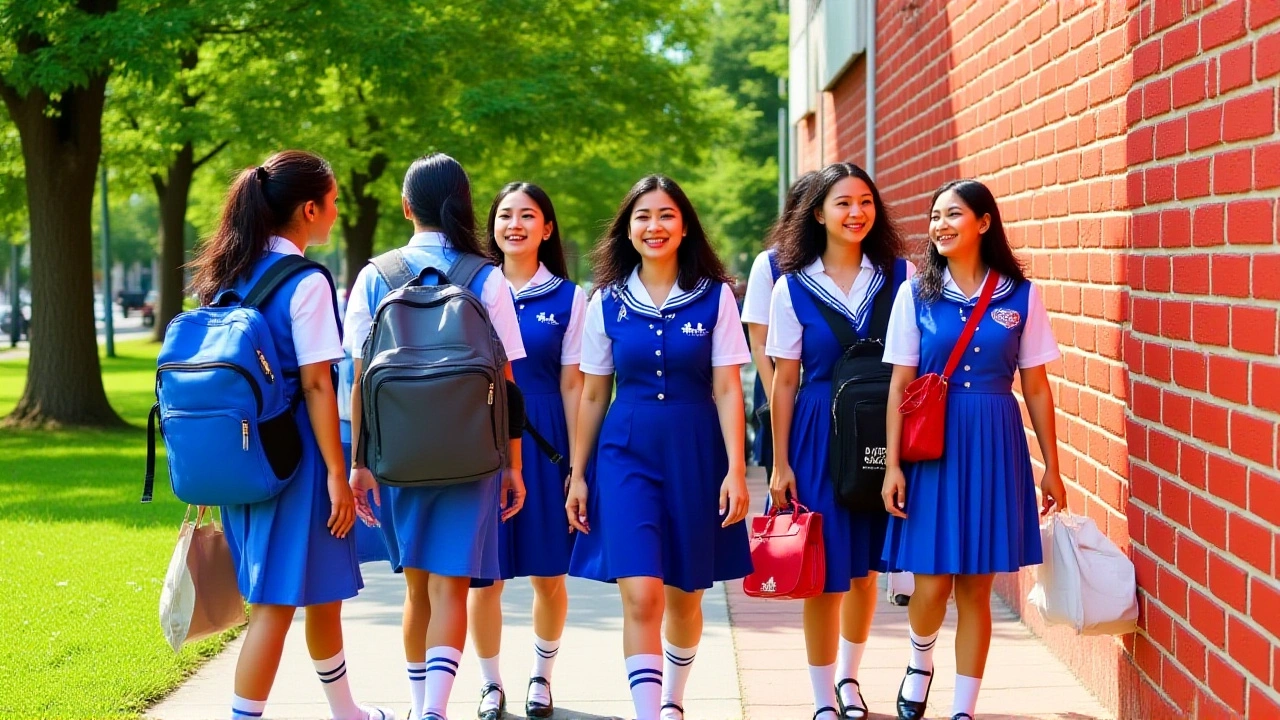While students in Jammu settle into an 80-day winter break stretching into February, their peers in Delhi are returning to class after just six days — a dramatic contrast that lays bare the fractured reality of India’s education system. The Directorate of School Education in Jammu announced in late November 2023 that students up to 8th grade would be off from December 11, 2023, to February 29, 2024, while grades 9 through 12 would begin their break a week later, on December 18, still ending on the same date. Meanwhile, the Delhi Education Department issued a circular cutting the traditional 15-day winter break to just six days: January 1 to January 6, 2024. The reason? Toxic air. Delhi had already shut schools from November 9 to 18, 2023, due to hazardous pollution levels, and officials simply folded those days into the vacation calendar — leaving no room for a traditional post-Christmas pause.
Why Jammu’s Break Is Longer Than a Summer Holiday
Jammu’s extended break isn’t just about cold weather — it’s a response to geography, infrastructure, and historical precedent. Located in the Himalayan foothills, the region experiences heavy snowfall, road closures, and power outages that make daily school commutes dangerous or impossible. The Directorate of School Education in Jammu explicitly called this a "winter zone" policy, acknowledging that many villages are cut off for weeks. To prevent learning loss, the department mandated online classes for Class 10 and 12 students through Cluster Resource Centers (CRCs), a logistical effort that’s rare in rural India. Teachers in remote districts like Kishtwar and Doda are being trained to livestream lessons, and tablets are being distributed to students without internet access. "It’s not a holiday," said one district education officer anonymously. "It’s survival mode with curriculum attached."Delhi’s Unusual Math: Pollution Days + Shortened Break = No Winter Pause
Delhi’s decision to reduce winter vacation to six days is unprecedented in modern times. Traditionally, schools across India — including in Delhi — closed from December 24 to January 1, giving families time for Christmas, New Year’s, and the Lohri festival. But with air quality plunging to "severe" levels in November, the Delhi government made a pragmatic, if unpopular, call: absorb the November shutdown into the winter break and shorten the January portion. "We didn’t want kids to miss more than two weeks of instruction," read the department’s circular, which ordered schools to notify parents via SMS, SMC meetings, and phone calls. The move sparked outrage among parents, who saw it as a failure to prioritize health. "We’re told to keep windows shut, wear masks, and avoid outdoor play — but then we’re expected to send kids back to school after six days?" asked Priya Mehta, a mother of two in South Delhi. "The air hasn’t magically cleared."
India’s Decentralized Calendar: A Patchwork of Policies
There is no national school calendar in India. Each state — and sometimes each district — sets its own holidays. This is why, while Jammu students are still on break in late February, Delhi kids returned to class on January 7. Even within December, the schedule varies wildly. While Informalnewz.com reported schools in an unnamed state closed from December 26–31, 2023, Delhi schools remained open after Christmas, except for December 25. National holidays like Maharishi Valmiki Jayanti on December 20, 2023, and Republic Day on January 26, 2024 are observed nationwide, but everything else — Christmas, Lohri, Pongal — is handled locally. In Tamil Nadu, schools closed for Pongal on January 15; in Punjab, Lohri on January 14 was a full holiday. In Jammu, the extended break even overlaps with these regional festivals, making it a de facto cultural pause as much as an environmental one.What This Means for Students and Families
The disparity has real consequences. Families in Jammu are planning long-term stays with relatives, delaying travel, and adjusting work schedules around a nearly three-month break. In Delhi, parents are scrambling to find childcare during the short January window — and many are still keeping kids home after January 6, fearing pollution exposure. Studies from the Indian Institute of Public Health show children in Delhi lose an average of 12 days of learning annually due to air quality-related closures. This year, they lost 18 days — and got only six back. "It’s not about vacation anymore," said Dr. Arvind Kapoor, an education policy analyst at Centre for Science and Environment. "It’s about equity. Kids in Jammu get a break because the environment demands it. Kids in Delhi get a break because the government admits failure."
What’s Next? Pressure Mounts for National Standards
The 2023–24 winter break has reignited calls for a standardized national academic calendar, especially for air-polluted cities. The Supreme Court of India has previously asked states to develop "air quality contingency plans" for schools. But so far, responses are fragmented. Delhi has proposed a "pollution holiday bank," where future closures would be banked and added to summer vacation — a model Jammu officials say is too reactive. Meanwhile, states like Punjab and Haryana are considering extending winter breaks to match Jammu’s model, citing similar cold-weather challenges. The Central Board of Secondary Education has signaled it may issue guidelines next year — but won’t mandate them. For now, the message is clear: in India’s education system, where you live determines when you learn.Frequently Asked Questions
Why does Jammu have such a long winter break compared to other states?
Jammu’s extended break — from December to February — is due to extreme winter conditions, including heavy snowfall, blocked roads, and power disruptions in its Himalayan terrain. The Directorate of School Education in Jammu has long recognized this as a safety and logistical necessity, not just a tradition. Online classes are mandated for older students to prevent learning loss during the extended closure.
Why did Delhi reduce its winter vacation to just six days?
Delhi’s Delhi Education Department shortened the break because it had already closed schools for 10 days in November due to hazardous air pollution. Officials merged those days into the winter vacation calendar, leaving only January 1–6, 2024, as the remaining break. The move was meant to minimize instructional loss, but critics argue it ignores ongoing health risks.
Are all Indian states following the same holiday schedule?
No. India has no national school calendar. Each state sets its own holidays based on local climate, culture, and political priorities. While national holidays like Republic Day are observed everywhere, winter breaks, Christmas closures, and regional festivals like Lohri or Pongal vary widely — from Jammu’s 80-day break to Delhi’s six-day pause.
How are schools ensuring learning continues during long breaks like Jammu’s?
In Jammu, the Directorate of School Education requires all Class 10 and 12 students to attend online classes via Cluster Resource Centers. Teachers livestream lessons, and printed study packets are distributed to students without internet. The goal isn’t to replicate classroom learning, but to maintain basic academic momentum during the extended closure.
Will other states follow Delhi’s model of absorbing pollution days into vacation time?
Some may. Cities like Lucknow and Patna, which also face severe winter air pollution, are reviewing similar strategies. But Jammu’s model — extended breaks with structured remote learning — is gaining more traction as a sustainable solution. Delhi’s approach is seen as a stopgap, not a policy. Experts warn that without investment in clean air infrastructure, shortening breaks won’t solve the core problem: children are being forced to learn in unhealthy environments.
When do schools reopen after the winter break in different states?
In Jammu, schools reopen on March 1, 2024, after the February 29 end date. In Delhi, students returned on January 7, 2024. Most northern states like Uttar Pradesh and Punjab resumed classes around January 15–20, after Lohri and Pongal. Southern states like Karnataka and Tamil Nadu, which don’t observe extended winter breaks, never closed beyond the December holidays and resumed on January 2.
